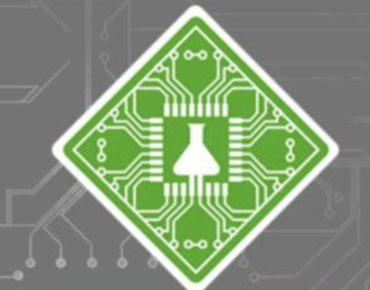Insilico, Pfizer Join AI Forces on Drug Discovery

Previous attempts to apply AI to drug discovery have yielded mixed results. For example, IBM ended sales last year of its Watson AI software used by pharmaceutical firms for new drug discovery.
Alternative approaches have since emerged. Insilico Medicine, developer of a drug discovery engine, said this week it will collaborate with Pfizer Inc. The partners said the pharmaceutical giant (NYSE: PFE) would use Insilico’s machine learning technology and its drug discovery engine to pinpoint therapeutic targets for a range of diseases.
Insilico, headquartered in Hong Kong with offices in Rockville, Md., has developed an AI-based drug discovery platform dubbed Pandomics designed to accelerate identification of new molecular targets. The platform builds on the biomedical startup’s research into “generative reinforcement” learning systems.
The AI engine uses millions of samples and multiple data types to spot disease signatures. That information is used identify promising targets for billions of existing and novel molecules. Those molecules can then be tested in clinical trials to determine their ability to fight disease.
The goal of its collaboration with Pfizer is using the drug discovery engine to identify targets for new molecules. The platform uses reinforcement learning and other machine learning techniques to generate novel molecular structures with specified parameters. Along with target identification and generation of “synthetic” biological data, the engine also can be used to predict the outcome of often-costly clinical drug trials.
“Insilico is advancing its latest target identification systems utilizing machine learning, generative biology methods and synthetic data generation pipelines,” said Alex Zhavoronkov, Insilico’s founder, and CEO.
Zhavoronkov was the lead author on a recent paper published in the journal Nature Biotechnology describing Insilico’s generative deep learning model for drug discovery. The startup also announced a $37 million Series B funding round in September 2019 led by Qiming Venture Partners with participation by other Chinese investors.
Insilico has so far raised more than $50 million in six funding rounds. The startup said it would use the funds to expand its drug discovery platform, zeroing in on diseases ranging from cancer to fibrosis.
Insilico previously announced a partnership with the venture funding arm of China’s WuXi Aptec, the drug and medical devices developer. The partners said their collaboration would focus on experiments in which molecules discovered using Insilico’s reinforcement learning drug discovery framework would be tested by WuXi AppTec.
Pfizer said its collaboration with Insilico would help it identify biomarkers used in drug discovery and development, “potentially lead to breakthrough therapeutics for patients with unmet medical needs," said Morten Sogaard, a Pfizer vice president.
Related
George Leopold has written about science and technology for more than 30 years, focusing on electronics and aerospace technology. He previously served as executive editor of Electronic Engineering Times. Leopold is the author of "Calculated Risk: The Supersonic Life and Times of Gus Grissom" (Purdue University Press, 2016).










